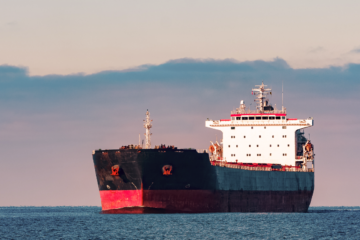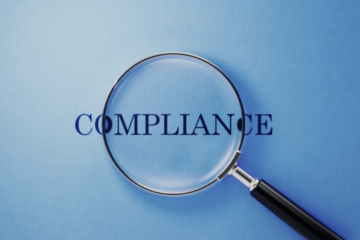Marine insurance constitutes a mere 4% of the market share of global non-life insurance. Despite its seemingly small presence, the attention it demands is immense. Why is that, you ask? Well, the answer lies in the complexity that defines the marine adventure.
The market of marine underwriting
First, let’s take a look at the market of marine underwriting and all market categories. Because of the complexity, we predominantly see specialists in marine underwriting with a subdivision into: Hull & Machinery, Marine Cargo, OffShore & Energy, and Marine Liability.
Marine underwriting in liability is even further subdivided into Shipowner’s P&I, Charterers Liability and Multimodal Liability programmes for all kinds of maritime companies operating in logistics, forwarding, terminal and stevedoring operations, ship managers, shipbrokers, and other maritime intermediaries.
Read more about the main categories in international marine insurance and their market shares.
The complexity of marine underwriting
Marine underwriting is a complex market due to six reasons: diverse risks, global nature, varied cargo, technological advancements, environmental concerns and specialised knowledge.
- Diverse risks
Maritime activities involve a wide array of risks. Ranging from human failure resulting in collisions and cargo damage to natural disasters like storms and tsunamis. The perils of the sea are not mapped but exposed to nature and climate. Each risk category requires good understanding and tailored insurance solutions.
- Global nature
Maritime trade is inherently global and thus involves multiple countries, regulations, and jurisdictions. Knowledge and understanding is required about different legal frameworks, international laws, treaties, and trade agreements.
- Varied cargo
Ships transport a diverse range of cargo, from perishable goods to hazardous materials. Each type of cargo comes with its own set of risks and requires specialised underwriting knowledge to accurately assess and mitigate potential losses. Take as an example the risks involved in shipping lithium batteries.
- Technological advancements
The maritime industry constantly evolves with technological advancements: new vessels, equipment and navigation systems, but also autonomous ships are at an advanced stage. All these developments introduce new risks and challenges that must be adapted to the policies.
- Environmental concerns
The environmental impact of maritime activities is a significant concern today. Risks related to oil spills, pollution, and other environmental damages need to be assessed. Considering the potential legal and financial consequences.
- Specialised knowledge
Marine underwriting requires a unique blend of skills and knowledge. Including an understanding of insurance engineering, shipping and commodity trading. Expertise in all areas is required to accurately assess risks and handling them.
IMU: specialised in Charterers Liability & Marine Defence
Insure marine underwriting (IMU) identifies the activities of all kinds of charterers of vessels, cargo or non-cargo carrying. With our specialist knowledge, we are able to provide tailor-made solutions so that the risks are covered appropriately, and it is clear to the client how our marine underwriting is done, and how claims are serviced and handled.
In addition to our role as insurer, we are organised to be known primarily as a service provider. After all, it is not just about marine underwriting, which creates a policy. It is about being able to be the client’s ‘alter ego’ in terms of prevention, contract review, legal advice and claims. The collaboration should aim to unburden, so that the client’s core business can continue unhindered and we as IMU are your right hand.
Succeeding together, exactly as IMU means it: growing better together.




0 Comments